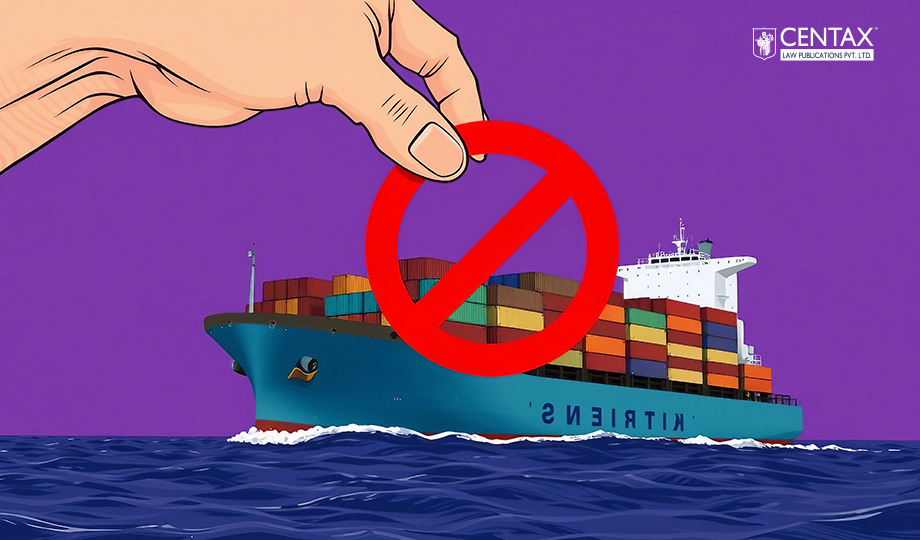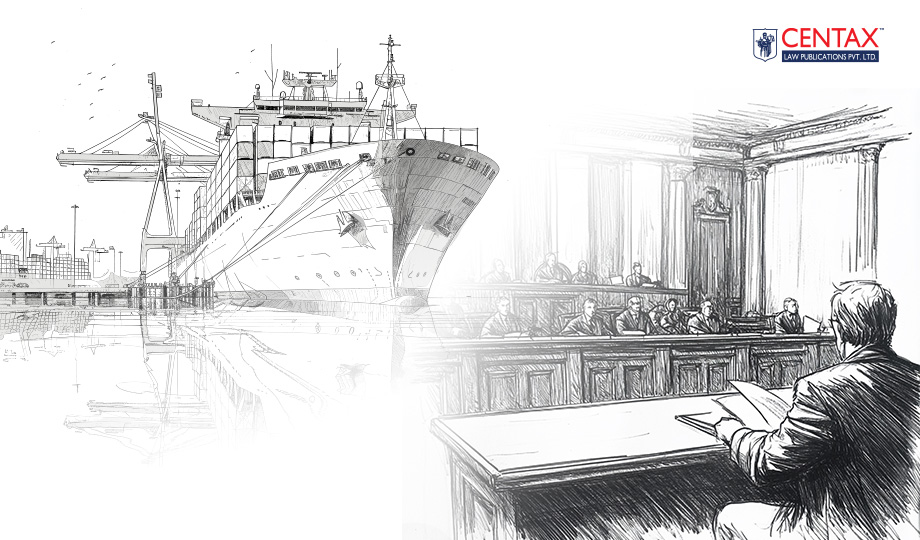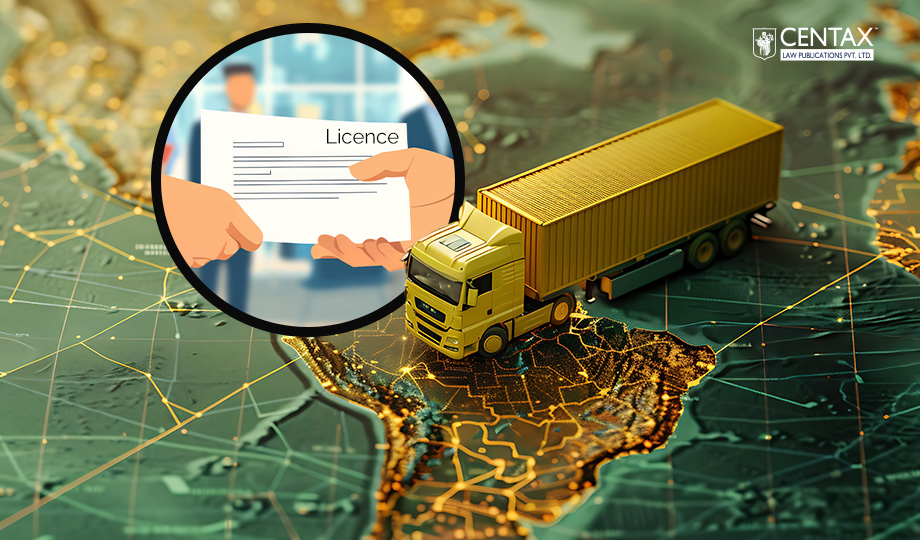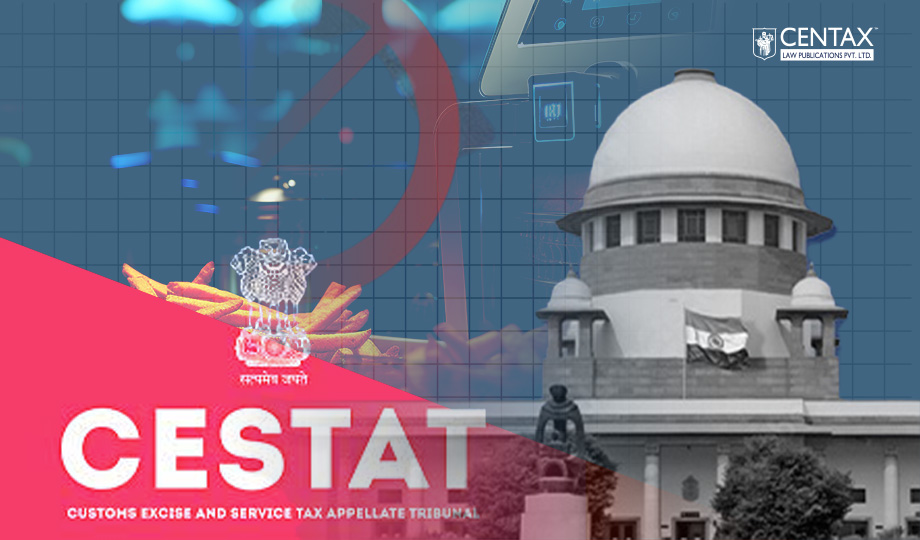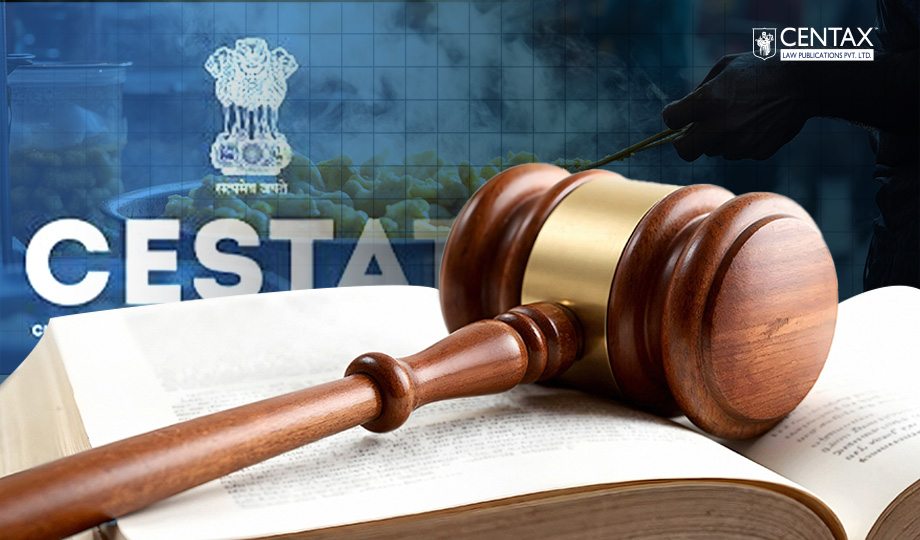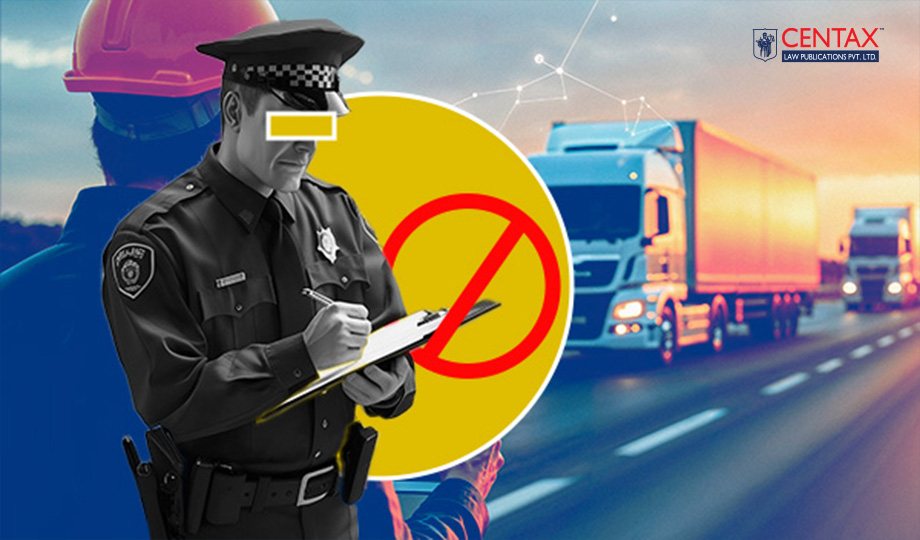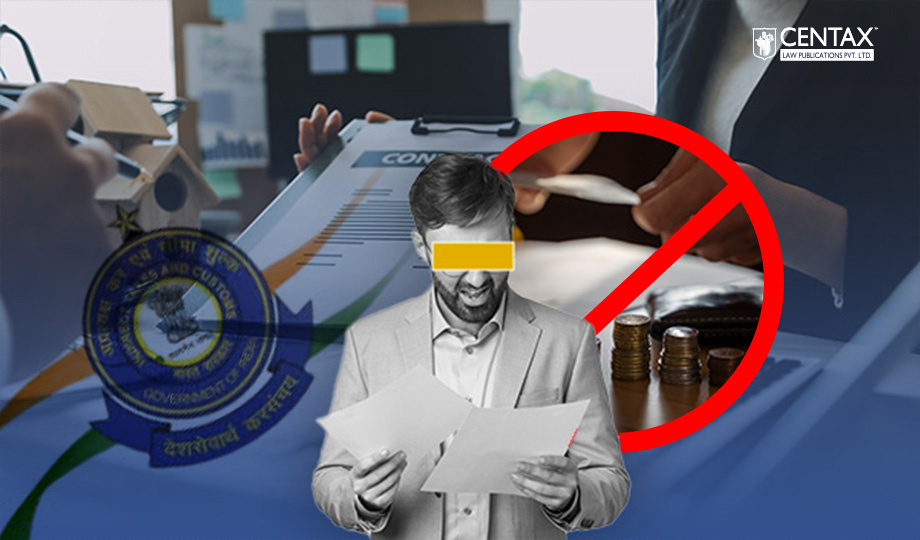
Notification No. 59/2025- Customs (N.T.), Dated 29-09-2025
1. Introduction
The Ministry of Finance (MoF) has notified the implementation of the Customs Tariff (Determination of Origin of Goods under the Trade and Economic Partnership Agreement between India and the EFTA States) Rules, 2025. These rules, effective from October 1, 2025, aim to ensure clarity and uniformity in determining the origin of goods traded under the agreement between India and the European Free Trade Association (EFTA) States. The framework provides detailed guidelines on how origin is to be established, verified, and certified for preferential tariff benefits.
2. Provisions for Determination of Origin
The rules outline various conditions for determining the origin of goods. They cover wholly obtained goods, product-specific rules (as listed in Annexure-A), accumulation, insufficient operations, and the unit of qualification. Importantly, the rules clarify that simple operations such as packaging, labelling, or sorting alone shall not be sufficient to confer origin. This provision ensures that preferential tariff benefits are only available to goods that undergo substantial transformation in the exporting country.
3. Proof of Origin Mechanism
To establish origin, exporters or importers may rely on specific documentary evidence. The rules recognize three forms of proof: an origin declaration, a movement certificate EUR.1, or a certificate of origin issued by designated agencies. These certificates remain valid for twelve months from the date of issue, providing flexibility for traders in completing customs procedures. The rules also establish a Sub-Committee on Rules of Origin, tasked with monitoring implementation, reviewing issues, and ensuring smooth administration of the provisions.
4. Compliance Requirements for Exporters and Importers
Exporters are required to maintain origin-related records and supporting documents for a period of five years from the date of issue of proof. On the other hand, importers must furnish valid proof of origin at the time of importation to claim preferential tariff treatment. Customs authorities are empowered to seek additional information, verify documents, or even conduct inspections to ensure compliance. Non-compliance, misrepresentation, or submission of incorrect information will result in denial of preferential tariff benefits.
5. Conclusion
In conclusion, the newly introduced Rules of Origin under the India–EFTA Trade and Economic Partnership Agreement represent a significant step in strengthening trade facilitation while safeguarding revenue. By clearly defining what constitutes origin, prescribing acceptable proofs, and enforcing strict compliance measures, the MoF has ensured transparency and accountability in cross-border trade. The rules are expected to support exporters, facilitate genuine trade, and prevent misuse of preferential tariff concessions, thereby fostering stronger economic ties between India and EFTA States.











